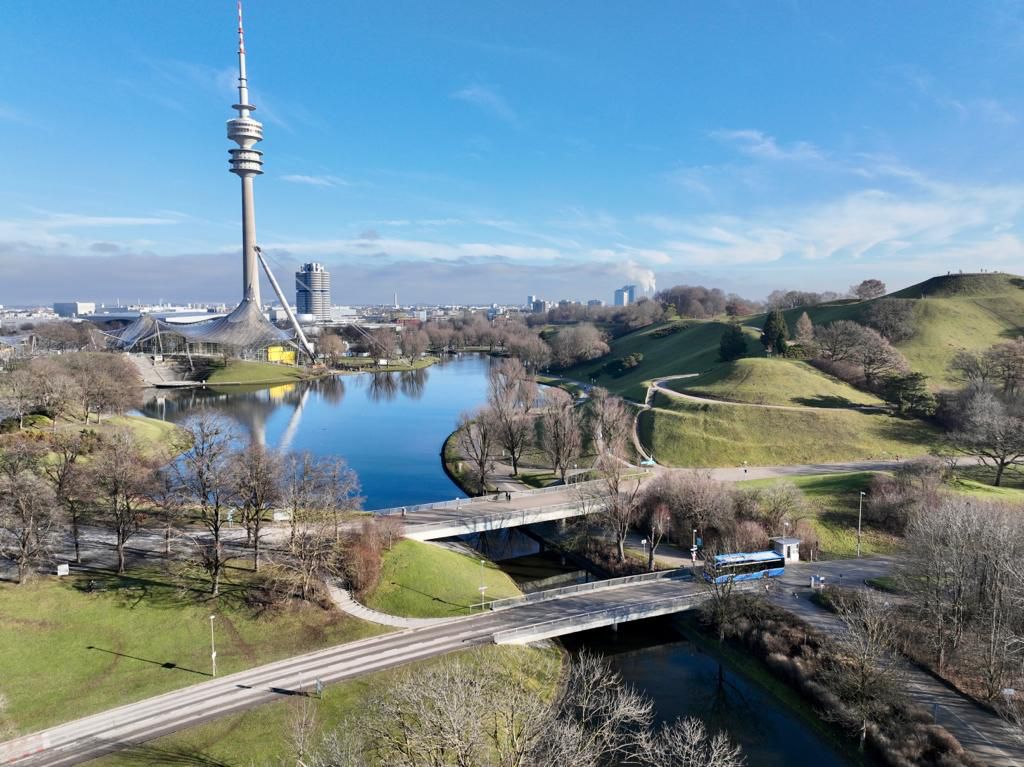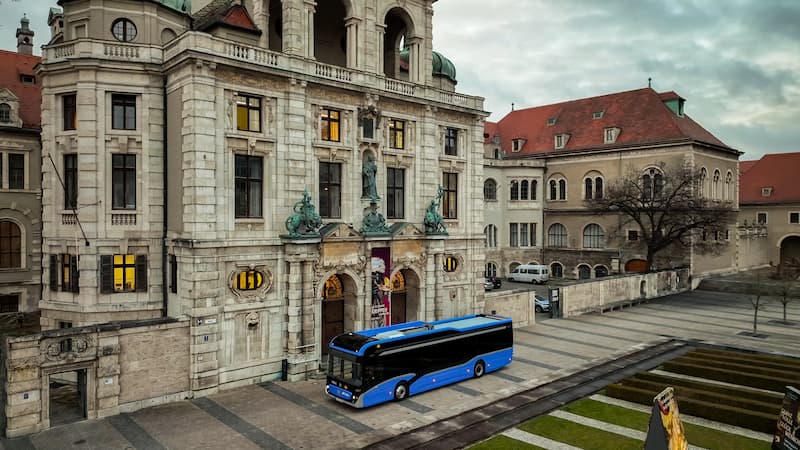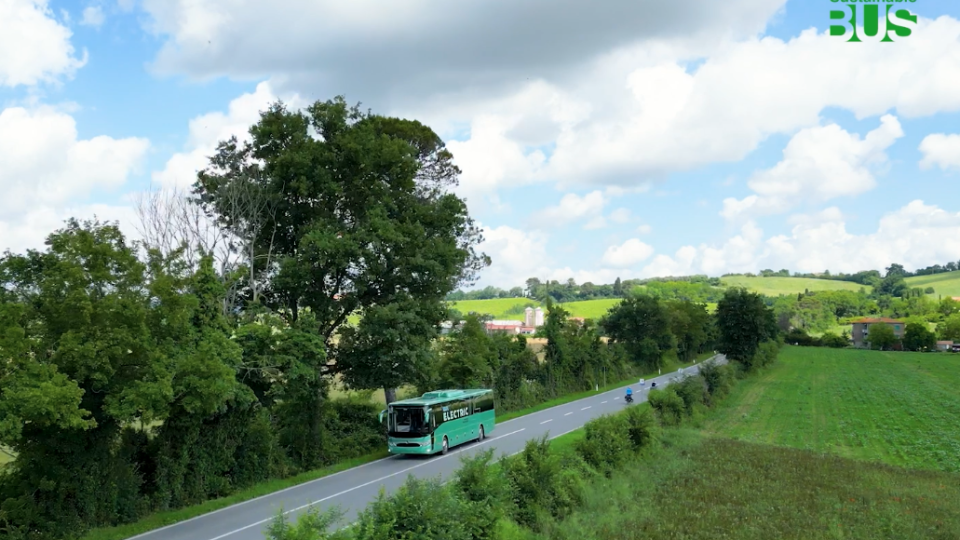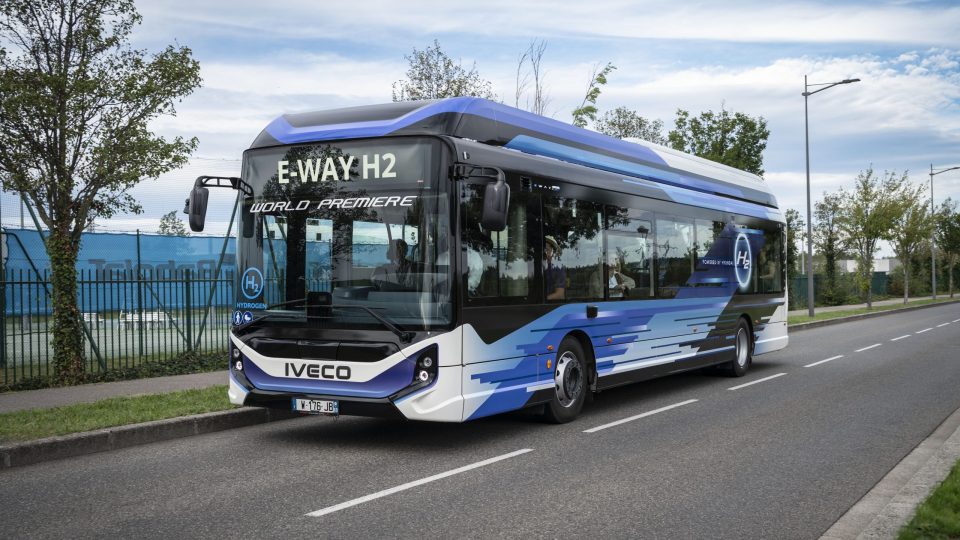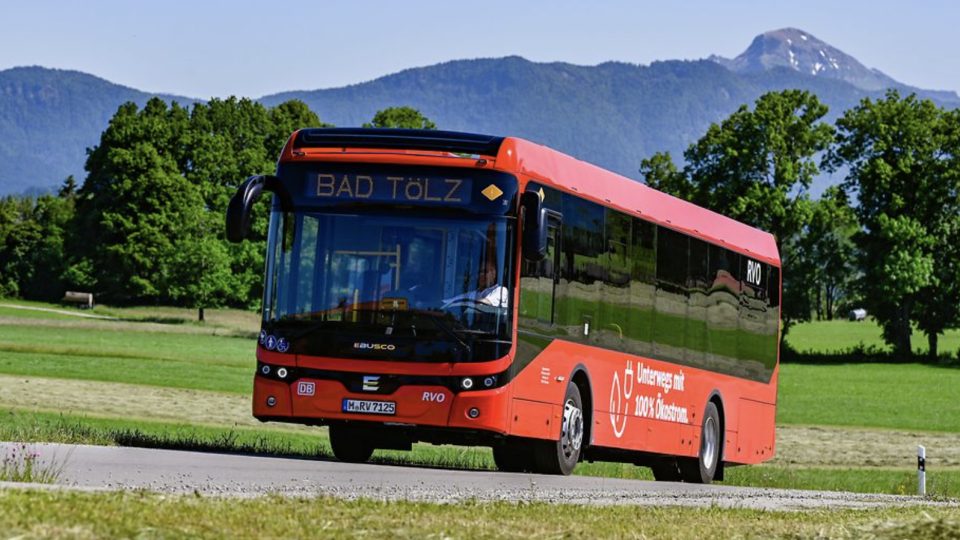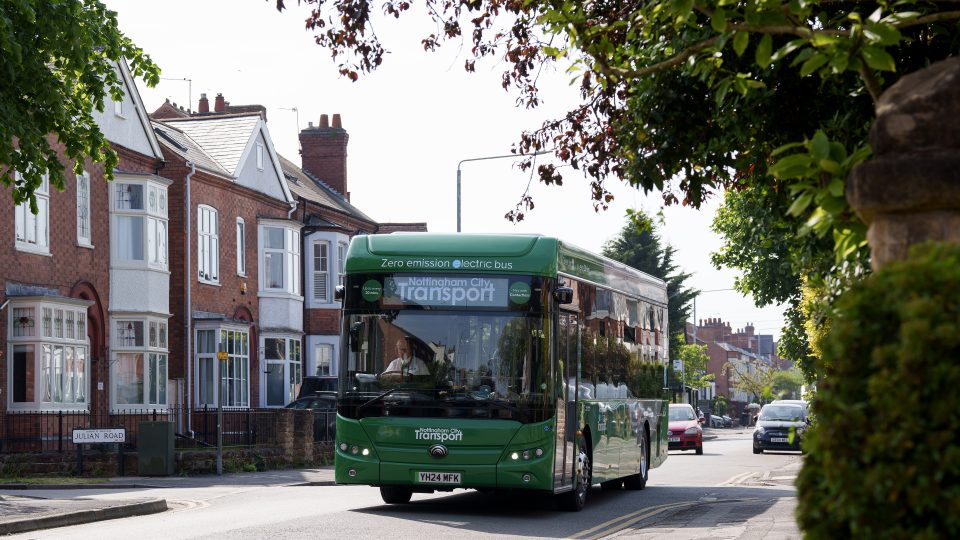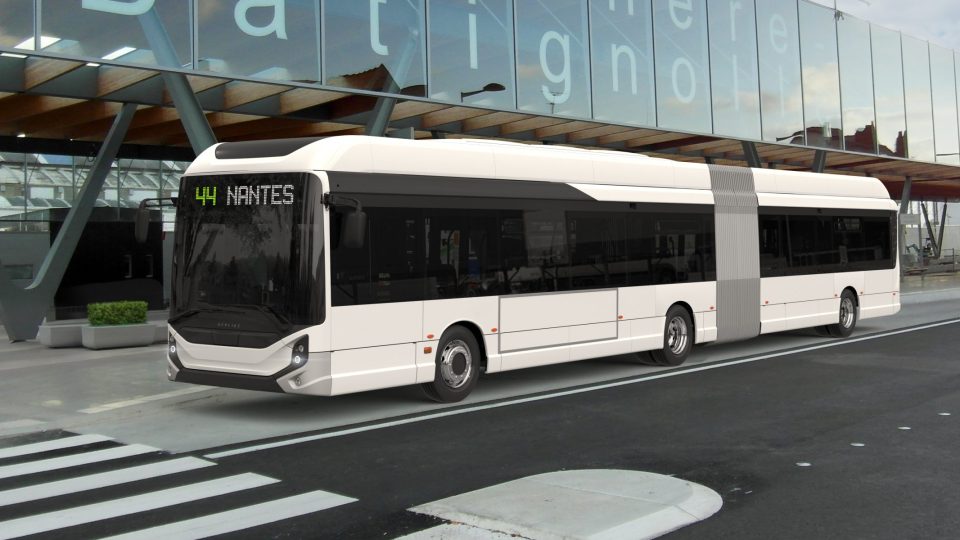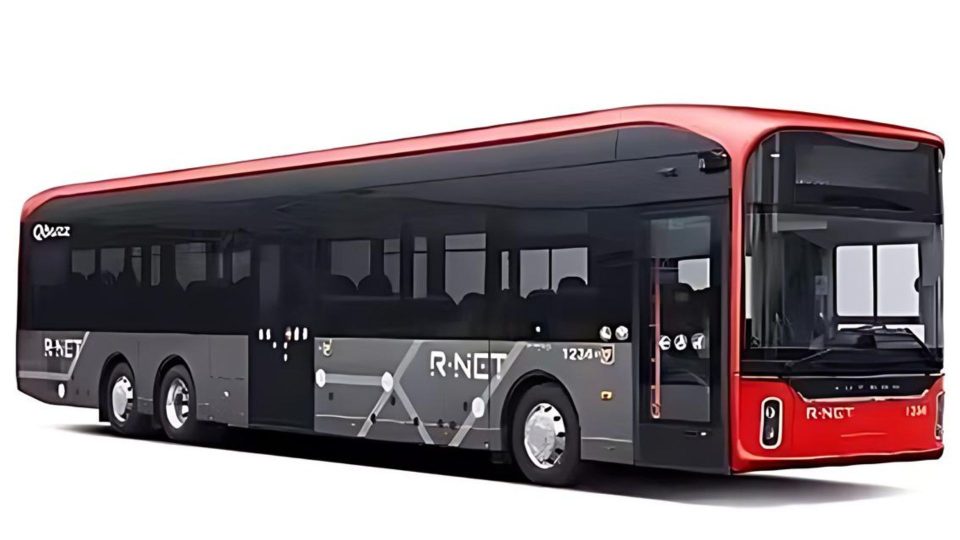Coming soon on the road (of Munich) the “revolutionary” Ebusco 3.0
Ebusco delivered today the first ever Ebusco 3.0 buses to its customer Stadtwerke Munich. The buses, produced in Deurne, the Netherlands, will run on line 100 in the inner city of Munich. The Ebusco 3.0 bus reduces approximately one kilogram of CO2 per kilometer driven. This is what ebusco 3.0 looks like The Ebusco 3.0 […]
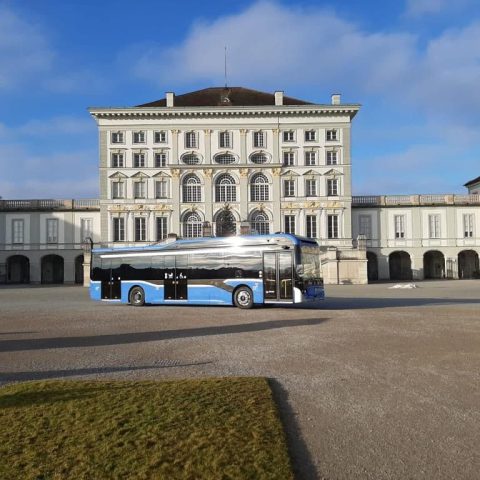
Ebusco delivered today the first ever Ebusco 3.0 buses to its customer Stadtwerke Munich. The buses, produced in Deurne, the Netherlands, will run on line 100 in the inner city of Munich. The Ebusco 3.0 bus reduces approximately one kilogram of CO2 per kilometer driven.
This is what ebusco 3.0 looks like
The Ebusco 3.0 has a lightweight composite body based on aerospace technology. This composite material is significantly lighter and stronger, giving the bus a substantially longer, single-charge, range of up to 575 kilometres and a longer estimated average life span. Due to the low energy consumption of the Ebusco 3.0 and the associated long range, intermediate charging during the day is, in most cases, no longer necessary. This makes a significant difference in costs in terms of charging infrastructure and charging time.
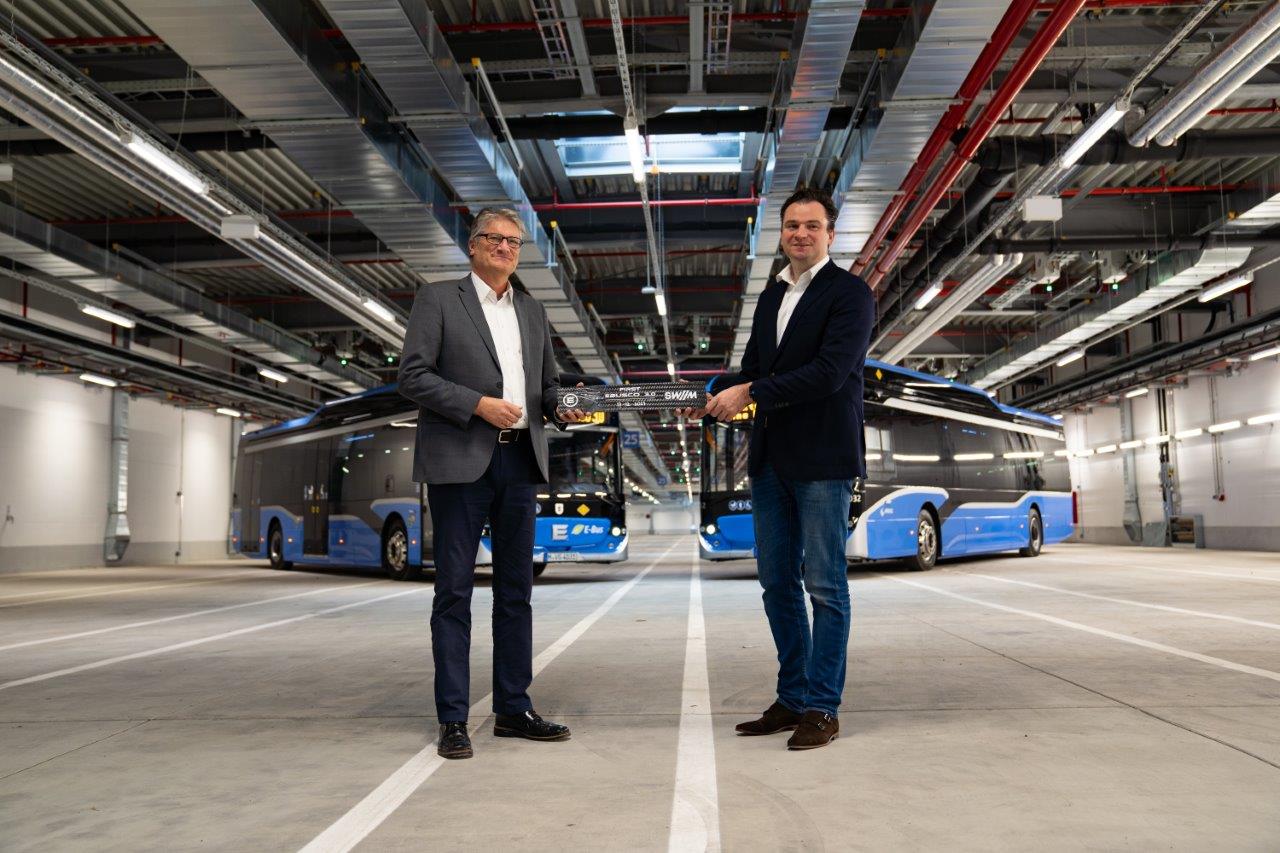
Peter Bijvelds, CEO of Ebusco comments: «It is fantastic that our 3.0 bus is now really going into operation. In 2019 we presented the prototype and now, after the recent official road approval, we have delivered the first Ebusco 3.0 buses to our customer. This game changer in our industry is now going to gain real road experience, with which the Ebusco 3.0 can fully deliver on its promise. We are grateful to Stadtwerke München for the confidence they have placed in our Ebusco 3.0 and look forward to further consolidating our collaboration».
Stadtwerke München is a driving force behind ecological Munich and is leading the transport transition together with transport subsidiary Munich Transport Corporation. SWM and MVG have joined forces to promote modern and environmentally friendly mobility in Munich. As an innovation partner, Ebusco has been working together with SWM and MVG for several years. There are already 12 Ebusco 2.2 buses in service in Munich, and two next generation Ebusco 3.0 buses are now being added.
Ingo Wortmann, Member of the Board and Chief bus Operations of SWM/MVG, declares: «Bringing these innovative new Ebusco 3.0 buses into operation takes us one step further towards our goal of almost completely converting our bus fleet to electric buses in the coming 10 years. After the good experiences with Ebusco’s 2.2 buses, we look forward to taking the next step with this next generation bus, thereby contributing to the energy transition and a cleaner living environment in Munich».


